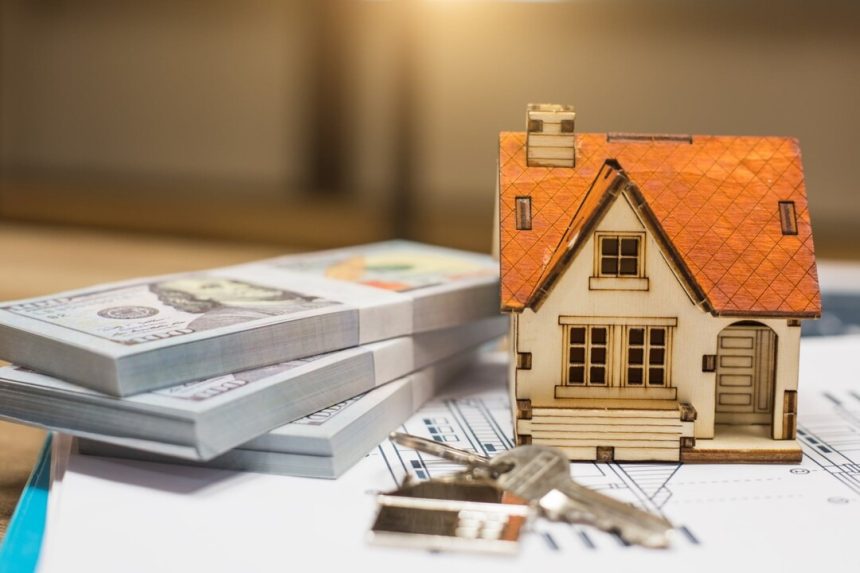Nigeria’s real estate sector is grappling with unprecedented challenges as soaring interest rates and a weakened naira shut operators out of a $13.5 billion global investment opportunity.
At a time when building the future has never been more financially daunting, every stakeholder tenants, buyers, developers, sellers, and landlords is feeling the strain.
Olajumoke Akinwunmi, co-founder of Alitheia and chairman of Purple Group, underscored these realities during a breakfast session in Lagos hosted by Ubosi Eleh & Co under the theme “Stretched Wallets, Stalled Plans: The Real Estate Dilemma.”
According to Akinwunmi, rental prices in Nigeria’s major cities have doubled in just two years, driving the average rent-to-income ratio to more than 60 percent twice the United Nations’ recommended 30 percent. Mortgage affordability has plunged, and outright property purchases have sharply declined.
The rental market strain is compounded by Nigeria’s high urbanisation rate. Roland Igbinoba, president and CEO of Pison Housing Company, noted in his report “The State of Lagos Real Estate Market” that over 70 percent of city residents live in rented accommodation, with many spending more than half of their income on housing costs.
He attributed the situation to a surging population and unrelenting urban growth.
For developers and sellers, rising construction costs have caused project delays, while inventory both luxury and mid-market remains unsold for longer periods. Borrowing has become more expensive too, with the Monetary Policy Rate now at 25.5 percent, further squeezing margins and stalling investment momentum.
What could be a lucrative $13.5 billion opportunity is instead slipping away, as the sector faces its toughest test yet.



